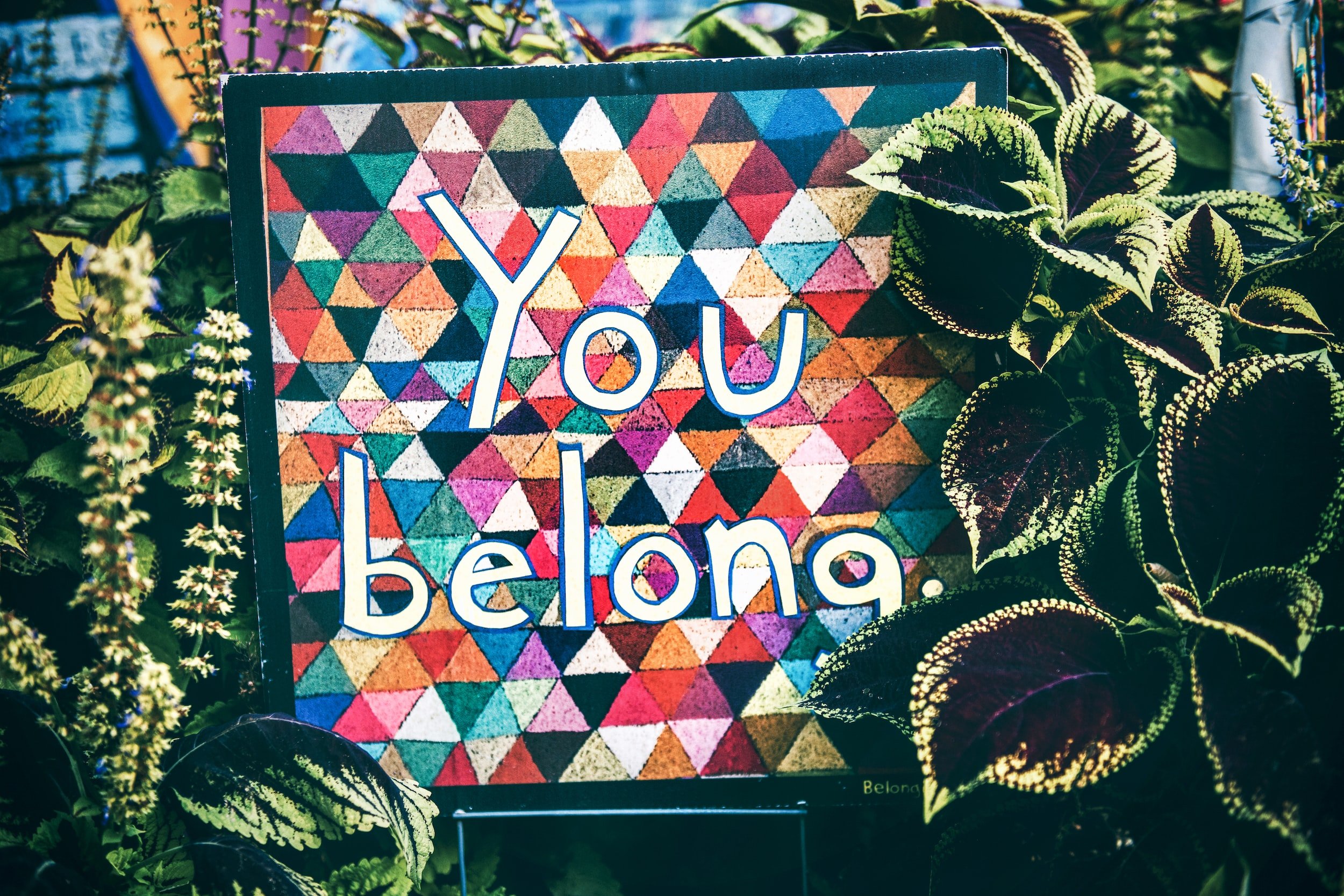
What is Justice, Equity, Diversity and Inclusion?
When we talk about justice, we refer to the efforts of dismantling the barriers that allow people to access resources and opportunities to live a fulfilling and dignified life. Equity emerges when we do the often uncomfortable but necessary work of recognizing our privilege and yet fight to allocate resources for those facing injustices. Fostering a sense of community and belonging promotes an environment of inclusion, centering the voices and experiences of those that face injustices and marginalization. See more JEDI resources at: Public Lands Alliance
Why do we care?
Minority groups have been historically underrepresented in the fields of Ecology and the agricultural sciences. Including the voices and experiences of marginalized groups is important as we work towards building justice in our fields, our food systems and our classrooms. This will allow us be cognizant of how we are perpetuating injustices. Many of the environmental problems we see today disproportionally affect minority communities, if we want ecology to begin addressing these issues we must strive to recognize and include their voices in our fields and our scholarly efforts.
How does the living agroecology hold up to JEDI values?
My Hispanic background, migrant history, as well as my experiences as a woman in academia shape my professional interests as well as my commitment to diversity and inclusion in Environmental Sciences and Agriculture. I value enormously the importance to promote the success of students from diverse economic, gender, ethnic, and cultural groups that are historically underrepresented in the biological and agricultural sciences. My goal is to be an inspiration for other women and minorities in the fields of environmental sciences and agriculture so that they can fulfill their professional goals and become great mentors and role models for future generations.
As a Latinx teacher and mentor, I am committed to foster academic excellence and creativity through Justice, Equality, Diversity and Inclusion (JEDI). To promote diversity, I am serving as a mentor for the Syracuse Office for Undergraduate Research & Creative Engagement (SOURCE), which fosters and supports diverse undergraduate participation in faculty-guided scholarly research and creative inquiry. I collaborate with InclusveU, which provides opportunities to students of all ages with intellectual and development disabilities to participate in numerous classes across campus. I have served as a mentor for Matriculating, Influencing, Networking and Triumphing Program for Women (MINT) at the University of California Santa Cruz, the Undergraduate Internship Program at the Universidad Autonoma Chapingo, and Diverse People for a Diverse Science (SEEDS), a program by the Ecological Society of America (ESA).
The members of the agroecology lab practice inclusiveness and honor diversity.
What can you do to be a JEDI advocate?
Read, inform yourself, be critical, practice self reflection, be an ally, get organized with your community, and amplify the voices of those whose identities haven been historically erased and marginalized.